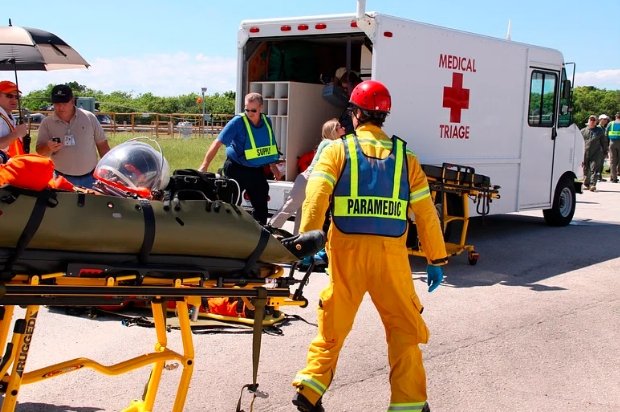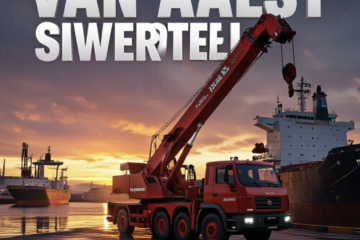The Scottish Fire and Rescue Service (SFRS) is facing significant cuts, leading to a drastic reduction in staffing levels and resources. Over the past decade, the number of full-time firefighters has plummeted from 4,159 to 3,422, with similar declines in control staff, support staff, and volunteers. These cuts have sparked widespread concern about the ability of the SFRS to effectively respond to emergencies and protect the public.
Decline in Staffing Levels
The reduction in staffing levels has been a major point of contention. Since 2011, the SFRS has lost over 1,000 staff members, a decline that has left the service struggling to meet the demands of its high-risk job. The number of retained duty staff, who are on-call firefighters, has also decreased significantly, dropping from 3,052 in 2011 to 2,708 last year. This reduction has led to fewer firefighters being available to respond to emergencies, increasing the risk to public safety.
The Fire Brigades Union (FBU) has been vocal about the impact of these cuts. They argue that the reduction in staff has resulted in longer response times and fewer fire appliances being available. This has been particularly problematic in rural and island communities, where the loss of 344 firefighters over the past decade has left many areas without adequate fire coverage. The FBU has called for immediate action to address these issues and ensure that the SFRS is properly resourced.

The Scottish Government has faced criticism for its handling of the situation. Critics argue that the creation of the single SFRS in 2013 paved the way for these cuts, as it allowed for a more centralized approach to budgeting and resource allocation. The government has defended its actions, stating that they are committed to maintaining a high standard of fire and rescue services. However, the gap between policy and practice remains a significant concern.
Impact on Firefighter Morale
The cuts have also had a profound impact on firefighter morale. Many firefighters feel overworked and undervalued, leading to low morale and high levels of stress. The FBU has reported that many firefighters are struggling with the physical and mental demands of the job, particularly in light of the reduced staffing levels. This has been exacerbated by concerns about inadequate training and equipment, which have left many firefighters feeling ill-prepared to handle the challenges they face.
A recent report by the FBU highlighted several issues within the SFRS, including poor training, outdated equipment, and a lack of support for firefighters dealing with the physical effects of their work. The report found that many firefighters felt their training was inconsistent and inadequate, with some reporting that they had not received proper “hot fire” training, which is essential for preparing them for real-life fire situations. Additionally, the report found that many fire stations lacked basic welfare facilities, further contributing to the low morale among firefighters.
The Scottish Government has acknowledged these concerns and has pledged to address them. However, many firefighters remain skeptical, arguing that more needs to be done to support them and ensure that they have the resources they need to do their jobs effectively. The FBU has called for increased investment in training and equipment, as well as better support for firefighters dealing with the physical and mental demands of the job.
Calls for Government Action
There have been widespread calls for the Scottish Government to take immediate action to address the issues facing the SFRS. The Liberal Democrats have been particularly vocal, arguing that the government needs to invest more in the fire service to ensure that it can meet the demands of its high-risk job. They have called for increased funding for training and equipment, as well as better support for firefighters dealing with the physical and mental demands of the job.
The FBU has also called for increased investment in the fire service, arguing that the current levels of funding are inadequate to meet the demands of the job. They have highlighted the need for better training and equipment, as well as more support for firefighters dealing with the physical and mental demands of the job. The union has also called for a review of the current staffing levels, arguing that the reduction in staff has left the service struggling to meet the demands of its high-risk job.
The Scottish Government has pledged to address these concerns, stating that they are committed to maintaining a high standard of fire and rescue services. However, many firefighters remain skeptical, arguing that more needs to be done to support them and ensure that they have the resources they need to do their jobs effectively. The FBU has called for increased investment in training and equipment, as well as better support for firefighters dealing with the physical and mental demands of the job


















